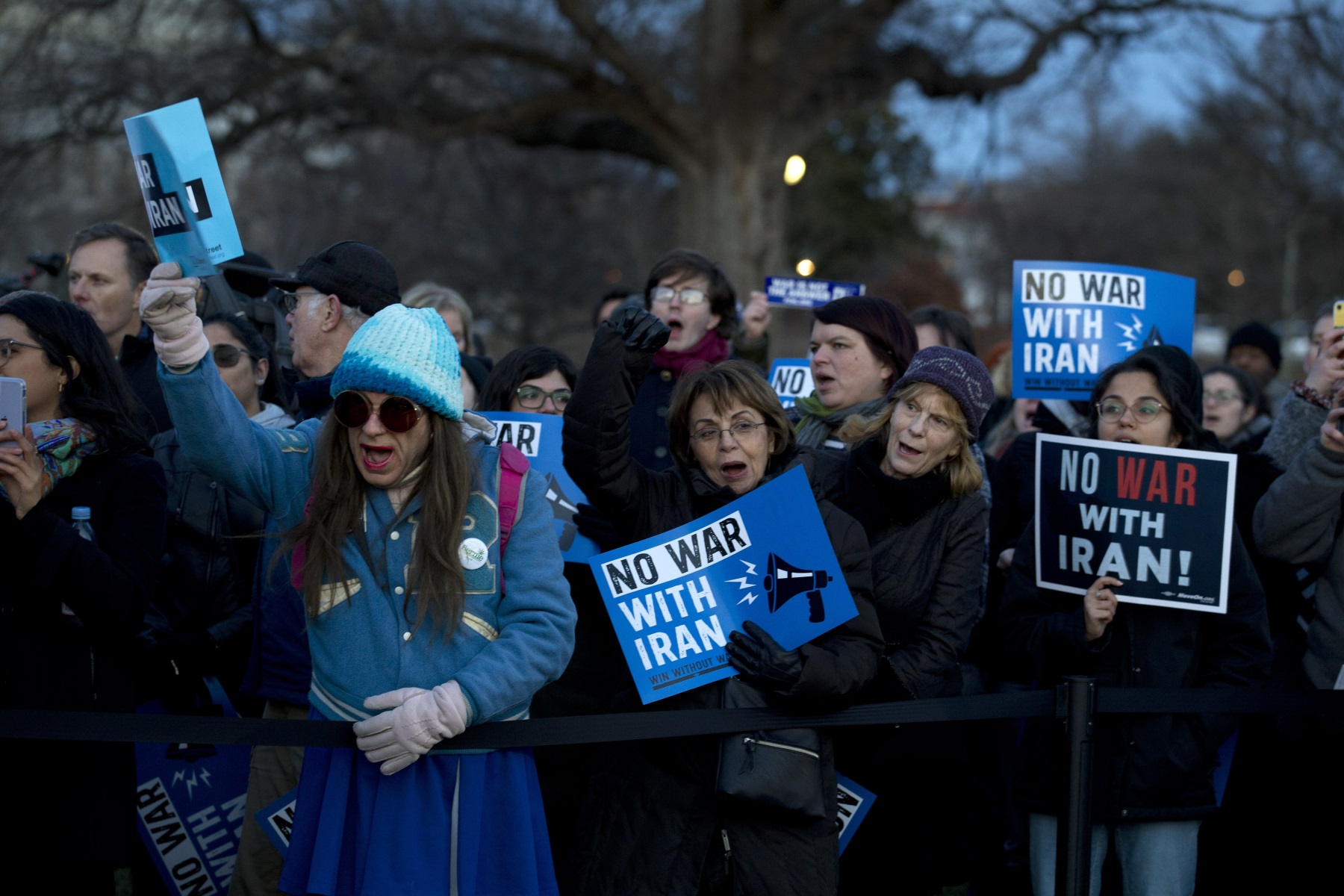The United States’ recent strike that killed Iranian military commander Qasem Soleimani, followed by Iran’s subsequent revenge missile attack on a U.S. military base, has created even more division in an already polarized political landscape.
Republican U.S. Rep. Doug Collins of Gainesville, Georgia, claimed Wednesday on the Fox Business Channel that the incident proved Democrats are “in love with terrorists.” Similar rhetoric came from Democrats.
Is this evidence of a new low in an already separated U.S., or a repeat of the status quo?









